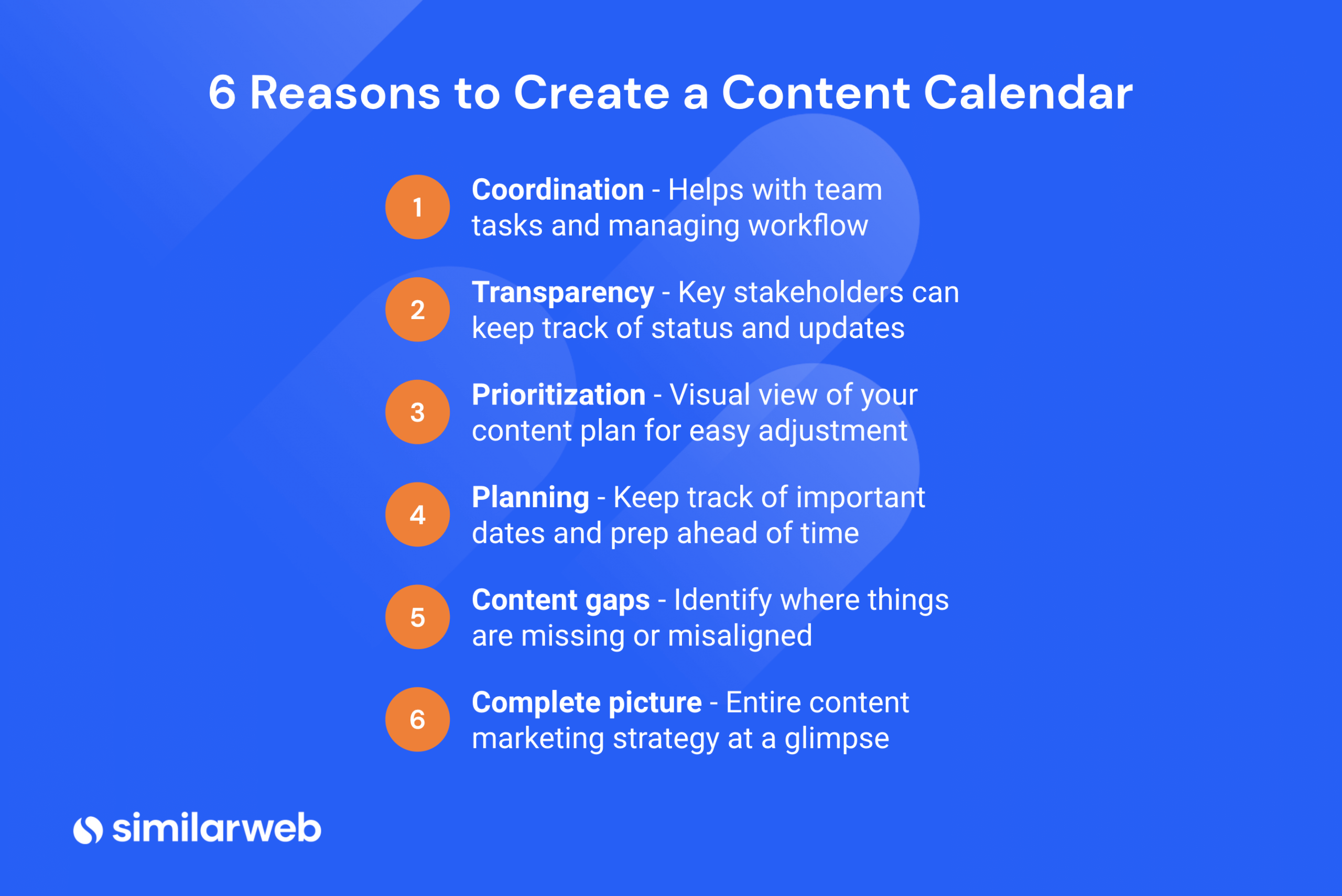Using a content planner is a great way to ensure that your marketing efforts align with your business goals. You can connect blog posts to specific marketing campaigns, plan your content around these campaigns, and organize your social media activity around those goals. You can even make a physical planner that fits in your bag or pocket. Read on to learn more about using a content planner for your business. After all, your content is the foundation of your business, so why not make it as easy as possible for yourself?
A content planner is a great way to ensure that your content gets shared regularly and in a variety of ways. Depending on your business needs, you may want to use a scheduler to track how often you share different types of content. This will ensure that your content is relevant and reaches your target audience. It is also an excellent way to stay organized and on top of all your social media strategy. By using a content planner, you can easily track the progress of your social media activity and determine if it’s working or not.
Content marketing requires change. Many business owners waste time brainstorming big ideas before settling on specific details. They then waste time writing discussions and descriptions. By using a content planner, you can focus on change from the start and prove your dedication to your market. With a content planner, choosing topics is easy and you can hit the ground running. A content planner will save you time, effort, and resources. So, don’t wait to start planning your content strategy today.
A content planner should include a section where you can list specific personas. A good planner will have SEO keywords, word count, and topics to cover. Using a content planner will help you analyze the content you are creating and ensure that it is relevant to your business goals. It’s also a great way to stay on top of the competition! You can begin planning ahead of time to ensure that your content will reach your goals. If you’re unsure of what type of content you need, ask your sales team or other team members for guidance.
In addition to creating a content calendar, some marketers choose to use a combination of tools to manage their marketing efforts. Basecamp, for example, is an online project management and communication platform, and it can even integrate with your CRM to measure the effectiveness of your content. By comparing your content calendar to your CRM data, you’ll be able to see which content is driving revenue, and which is wasting time. And because you can move from one stage to the next, a content planner can make your life easier.
Social media audiences are unique from each other, and creating content for each platform can be a time-consuming endeavor. Creating content for each platform requires weighing how many people will view a post and how they behave at certain times. In addition, you may need to plan out how many posts you’ll make per day, as different platforms have different audience behavior. You should also mark important events and times to promote your content on each platform. That way, you’ll avoid waste of time and resources marketing to users who aren’t your target market.











